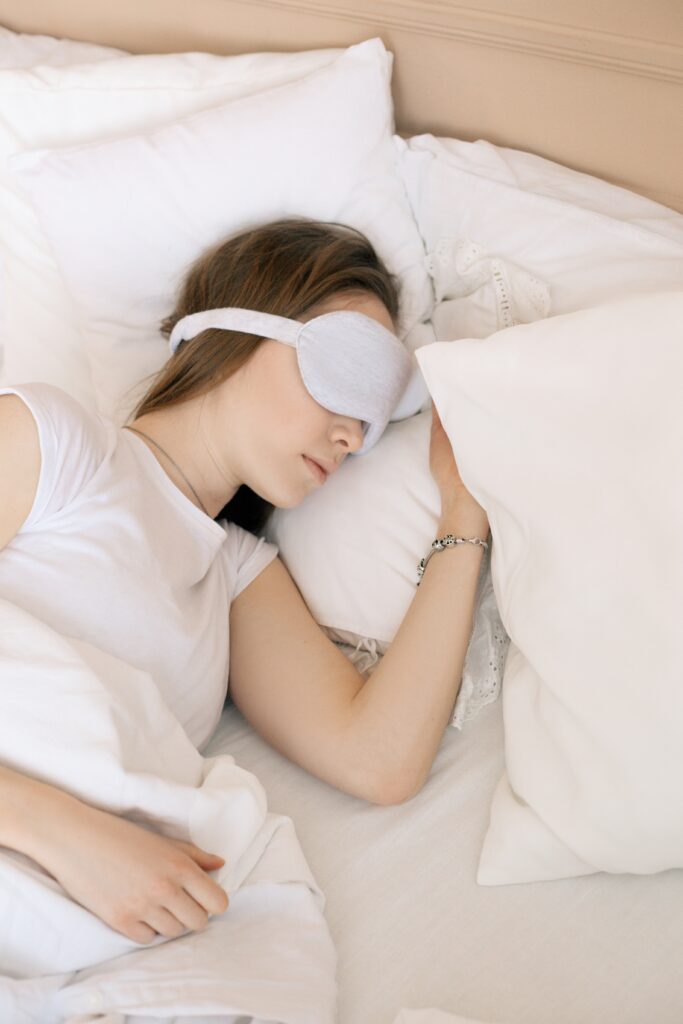Sleep is essential for our overall health and well-being. It allows our bodies to rest and repair, and it helps us to function properly both physically and mentally.
When we don’t get enough sleep, we can experience a variety of negative consequences, including:
- Increased risk of accidents and injuries. When we’re sleep-deprived, we’re more likely to make mistakes and have accidents. This is especially true when we’re driving or operating machinery.
- Weakened immune system. Sleep helps our bodies to fight off infection. When we don’t get enough sleep, our immune system is weakened, making us more susceptible to illness.
- Increased stress levels. When we’re sleep-deprived, we’re more likely to feel stressed and anxious. This can lead to a number of other health problems, including heart disease, high blood pressure, and diabetes.
- Weight gain. Sleep deprivation can lead to changes in our hormones that can make us more likely to gain weight.
- Poor concentration and memory. When we’re sleep-deprived, we have trouble concentrating and remembering things. This can make it difficult to perform at work or school, and it can also lead to accidents.

If you’re not getting enough sleep, there are a few things you can do to improve your sleep quality:
- Stick to a regular sleep schedule. Go to bed and wake up at the same time each day, even on weekends. This will help to regulate your body’s internal clock.
- Create a relaxing bedtime routine. This could include taking a warm bath, reading a book, or listening to calming music. Avoid watching TV or using electronic devices in the hour before bed, as the blue light emitted from these devices can interfere with sleep.
- Make sure your bedroom is dark, quiet, and cool. Darkness helps to promote the production of melatonin, a hormone that helps us to fall asleep. Noise and light can disrupt sleep, so make sure your bedroom is as dark and quiet as possible. A cool temperature is also ideal for sleep.
- Avoid caffeine and alcohol before bed. Caffeine and alcohol can interfere with sleep. Caffeine is a stimulant that can make it difficult to fall asleep, and alcohol can disrupt sleep later in the night.
- Get regular exercise. Exercise can help to improve sleep quality, but avoid exercising too close to bedtime.
- See a doctor if you have chronic sleep problems. If you’ve tried the above tips and you’re still having trouble sleeping, talk to your doctor. There may be an underlying medical condition that’s interfering with your sleep.
Getting enough sleep is essential for our overall health and well-being. By following the tips above, you can improve your sleep quality and enjoy the many benefits that come with a good night’s sleep.



Pingback: The Best Guide to Fat Loss: 10 Ultimate Steps